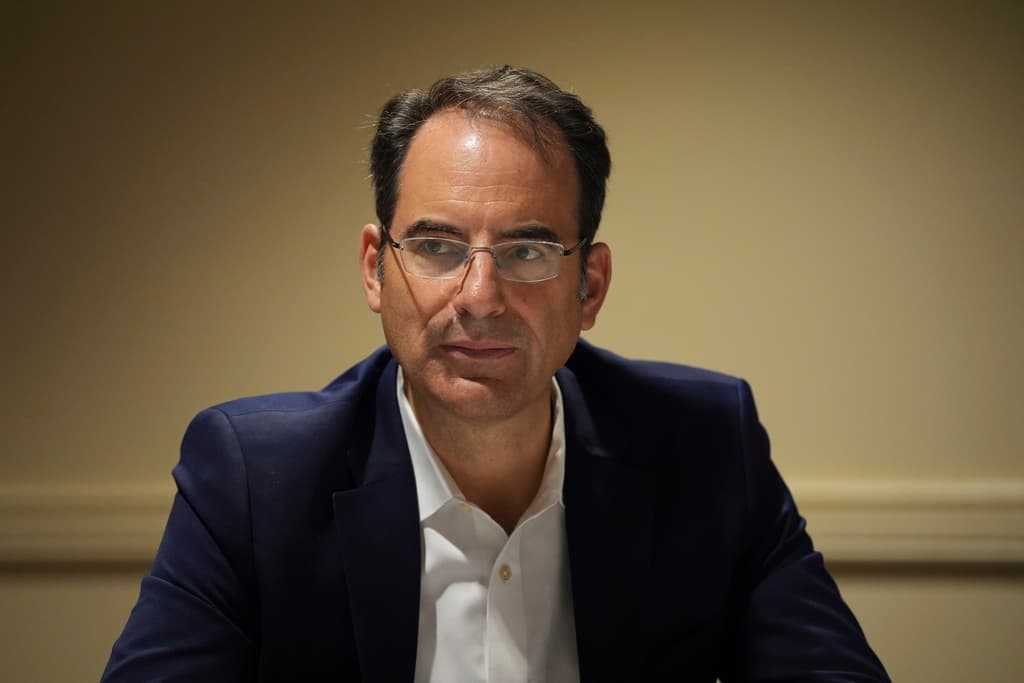A new study out of our region shows that when more women are involved in group-decision making about natural resources, conservation gets a boost.
Researchers at CU Boulder set up simulations in villages across three countries – Tanzania, Indonesia, and Peru. Participants were given two theoretical options. Take money individually to harvest trees or, as a group take money to conserve them.
Krister Andersson, the lead researcher on the study, said “we were interested in seeing whether having more women in a group with these incentives present, whether they responded differently than groups that were just traditionally more dominated by men.”
The majority female groups were significantly more likely to decide collectively to conserve the forest rather than individually make money off the trees. Andersson said they were also more likely to share the payments equally among themselves. He said this is important information when we think about governing bodies that make decisions about natural resources.
“If you don't pay attention to gender issues,” said Andersson, “there may be some really important missed opportunities for conservation outcomes as well as equality outcomes.”
This story was produced by the Mountain West News Bureau, a collaboration between Wyoming Public Media, Boise State Public Radio in Idaho, KUER in Salt Lake City and KRCC and KUNC in Colorado.








